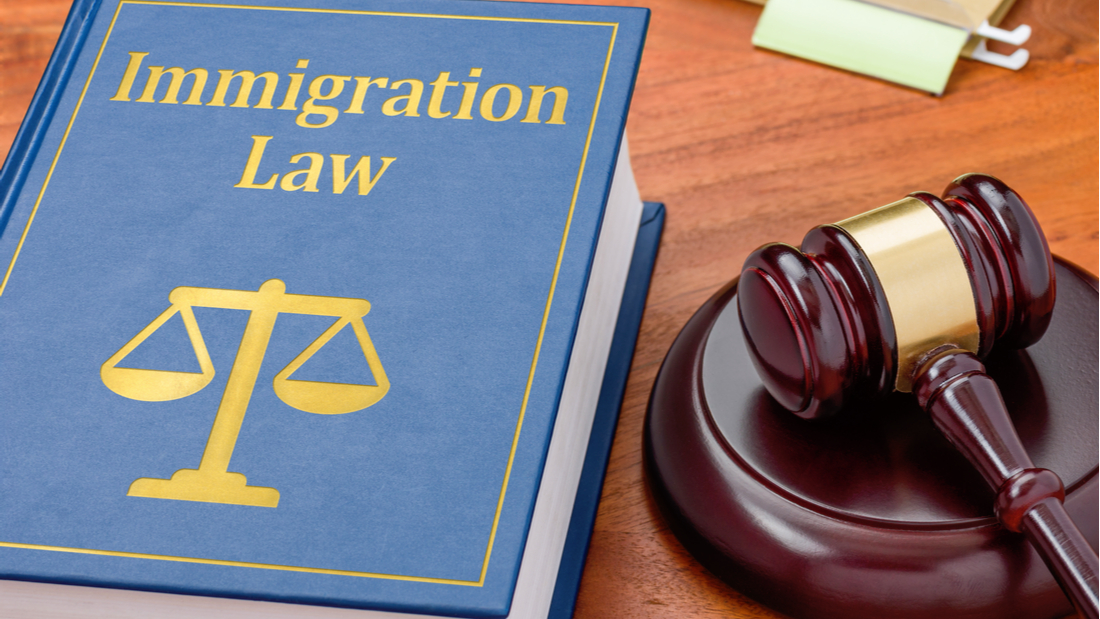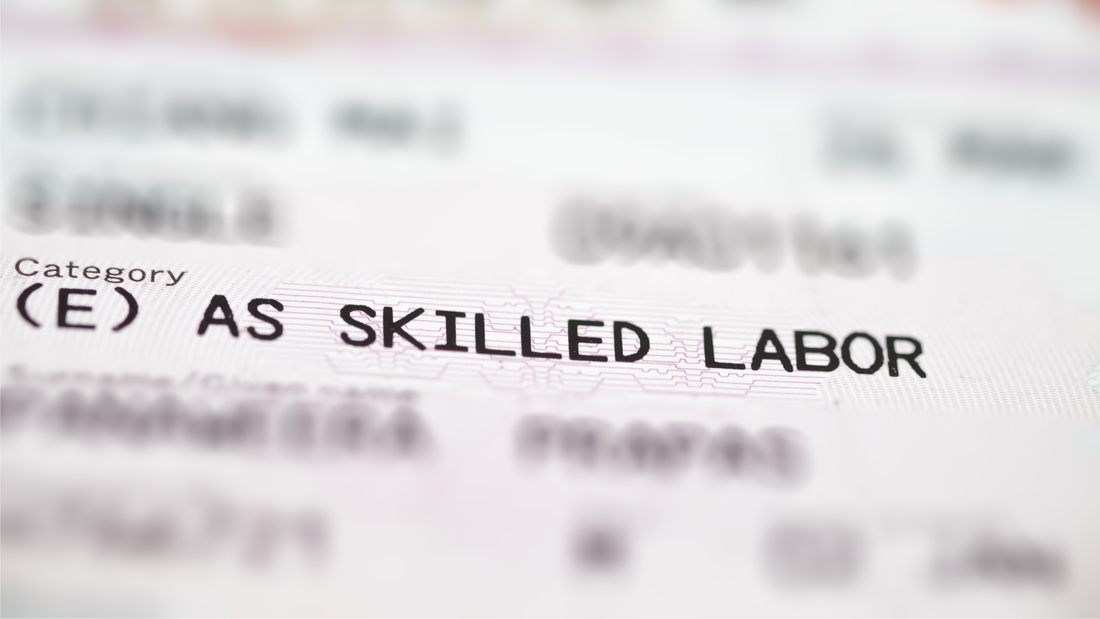Difference Between Seeking Refugee Status and Asylum
Refugees and asylum-seekers (also called asylees) share many similarities. Both groups are typically escaping prosecution in their home countries and trying to access the safety living within the United States can provide.
In these cases, the definition of “Prosecution” is related to applicant’s race, religion, nationality, membership in a social group, or political opinion comes in the form of threats, harassment, violence, torture, unfair imprisonment, or denial of basic human rights.
The difference between refugees and asylees is less understood by the general public. Most differences are procedural. The Miami immigration attorneys at Pimentel & Castillo have helped many clients successfully apply for asylum and refugee status. Below, they explain some key differences between seeking refugee and asylee status.
Application Procedure for Refugee Status
Section 101(a)(42)(A) of the Immigration and Nationality Act (INA) offers a definition for the term “refugee.”
(A) any person who is outside any country of such person’s nationality or, in the case of a person having no nationality, is outside any country in which such person last habitually resided, and who is unable or unwilling to return to, and is unable or unwilling to avail himself or herself of the protection of, that country because of persecution or a well-founded fear of persecution on account of race, religion, nationality, membership in a particular social group, or political opinion . . .
A person who fits this definition can apply for refugee status, but they must apply from outside the United States and then go through the following steps.
- Receive a referral to the U.S. Refugee Admissions Program (USRAP).
Highest priority is given to people referred by the United Nations High Commissioner for Refugees (UNHCR), a U.S. embassy, or a designated NGO. - If selected by USRAP, provide proof of persecution and a detailed affidavit explaining the persecution that occurred and reasons why the applicant fears returning to their home country. *Include both in application.
- After submitting application, meet with an overseas asylum officer who will make a decision on your case.
Application Procedure for Asylum
People seeking asylum must first fit into the INA definition of “refugee” provided above, then apply within the United States or at a U.S. border. The procedure is slightly different, depending on where the asylee starts the application process.
At a U.S. Border or Entry Point
- Explain fears of returning to home country to U.S. officials, ask to apply for asylum.
- “Credible Fear” hearing held with a United States Citizenship and Immigration Services (USCIS) that will decide whether the applicant should have their case heard by a judge.
- Immigration judge hears case in a hearing in immigration court and decides whether the applicant qualifies for asylum.
Within the U.S.
If the asylum-seeker was able to enter the country legally with a valid visa or entry document, they will have more time to go through the application procedure.
- Fill out USCIS Form I-589 and mail together with detailed affidavit and proof of persecution to USCIS.
- Attend an interview at a USCIS asylum office where applicant’s case can be approved or denied.
- If denied by the USCIS, case will be referred to immigration court where an immigration judge will either approve or deny claim.
For those wishing to escape harsh persecution, applying for refugee status or asylum in the United States may be their only choice. At such stressful times, it is beneficial to have Miami immigration attorneys as guides for the complex procedures.
At Pimentel & Castillo, our Miami immigration attorneys are skilled at assisting clients prepare required applications, petitions, affidavits, and USCIS forms as well as prep them for USCIS interviews and immigration court hearings. Call us today for free consultation.





